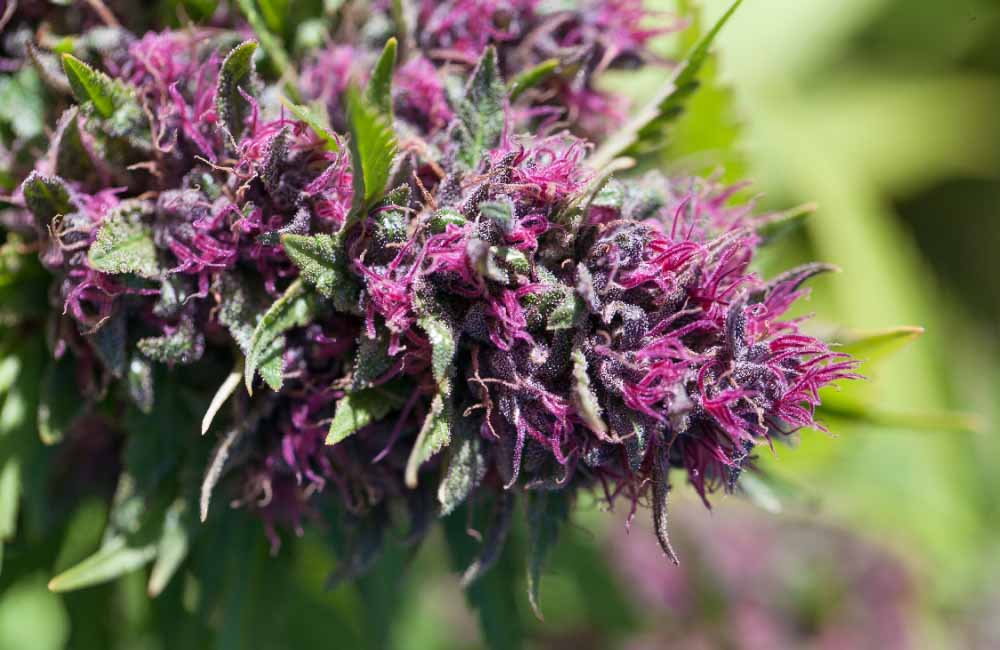Is Marijuana More Harmful or Less Harmful Than Alcohol and Tobacco?
In the ongoing debate surrounding the legalization of marijuana, one of the most frequently asked questions is whether marijuana is more harmful or less harmful than two products legal at the federal and state level: alcohol and tobacco.
Advocates on both sides of the argument present compelling cases, but what does the evidence truly reveal about the relative risks of these substances? The following examines the scientific findings and societal impacts to determine whether marijuana is more harmful or less harmful than alcohol and tobacco.
Of course, objectively assessing cannabis requires setting aside the focused efforts over many decades to demonize cannabis. The Marijuana Policy Project directly addresses these issues, writing that it’s “time to wipe the slate clean and take a closer look at the facts about marijuana…The truth is that marijuana is widely used in a manner quite similar to alcohol. Most adults consume it while socializing with friends or relaxing after work.”
“And while some consume it for its medical benefits, others use it for therapeutic purposes. For example, some consume it to alleviate arthritis, relieve a migraine, or because it helps them fall asleep and get a good night’s rest.”
Alcohol is a Well-Established Threat
Alcohol, deeply ingrained in many cultures, has a long and well-documented history of harm. According to the Centers for Disease Control and Prevention (CDC), excessive alcohol consumption is responsible for about 140,000 deaths in the United States annually. It plays a significant role in various chronic diseases, including liver cirrhosis, certain cancers, and cardiovascular issues. Moreover, alcohol abuse leads to social problems such as family disruption, accidents, and violence.
Tobacco is the Leading Preventable Cause of Death
Tobacco, another legal substance, is the single largest preventable cause of death worldwide. The World Health Organization (WHO) reports that tobacco use causes more than 8 million deaths each year. Smoking is linked to a range of lethal conditions, including lung cancer, heart disease and chronic obstructive pulmonary disease (COPD). The health and economic burden of tobacco-related illnesses is staggering.
Marijuana Is Seen as Less Harmful Than Its Legal Counterparts
Contrary to alcohol and tobacco, marijuana’s legal status varies widely across different regions, making direct comparisons more complex. Advocates for legalization argue that marijuana is less harmful than its legal counterparts, pointing to its comparatively low addiction potential and lack of direct links to fatal overdoses. However, detractors raise concerns about the potential for mental health issues, particularly among vulnerable populations.
From a purely physiological standpoint, the health impacts of marijuana are indeed distinct from those of alcohol and tobacco. Marijuana, when used moderately, lacks the immediate, life-threatening risks associated with alcohol poisoning or tobacco-related respiratory failure. However, studies have shown that heavy, long-term marijuana use can be associated with cognitive impairments, particularly in adolescents.
This is why the cannabis industry advocates for programs that keep teens from using cannabis, and studies show that legalization actually lowers the use of cannabis among teens.
The Social and Economic Impact
Beyond the individual health implications, it’s essential to consider the broader societal and economic effects. Alcohol-related accidents and violence exact a heavy toll on communities, while the healthcare costs associated with alcohol-related illnesses are substantial. Likewise, the economic burden of treating tobacco-related diseases is astronomical.
On the other hand, advocates for marijuana legalization argue that regulated markets could provide a new source of tax revenue, create jobs and alleviate the strain on law enforcement resources currently devoted to arresting people for non-violent marijuana offenses. They also contend that legalizing and regulating marijuana could lead to safer consumption and diminish the influence of illicit markets.
The legal status of these substances further complicates the comparison. While alcohol and tobacco are widely available and regulated for age restrictions, marijuana’s legality varies greatly. Some states and countries have moved towards full legalization, allowing for regulated production, sale and consumption. Others maintain strict prohibitions, with varying degrees of enforcement.
When it comes to evaluating the relative harms of marijuana, alcohol and tobacco, the answer isn’t straightforward. Each substance carries its own set of health risks, societal impacts and regulatory frameworks. Ultimately, a comprehensive understanding of these substances necessitates a nuanced assessment that considers both individual health implications and broader societal consequences.
As debates surrounding legalization continue, it is crucial to base decisions on the best available evidence, weighing the potential benefits against the risks.




